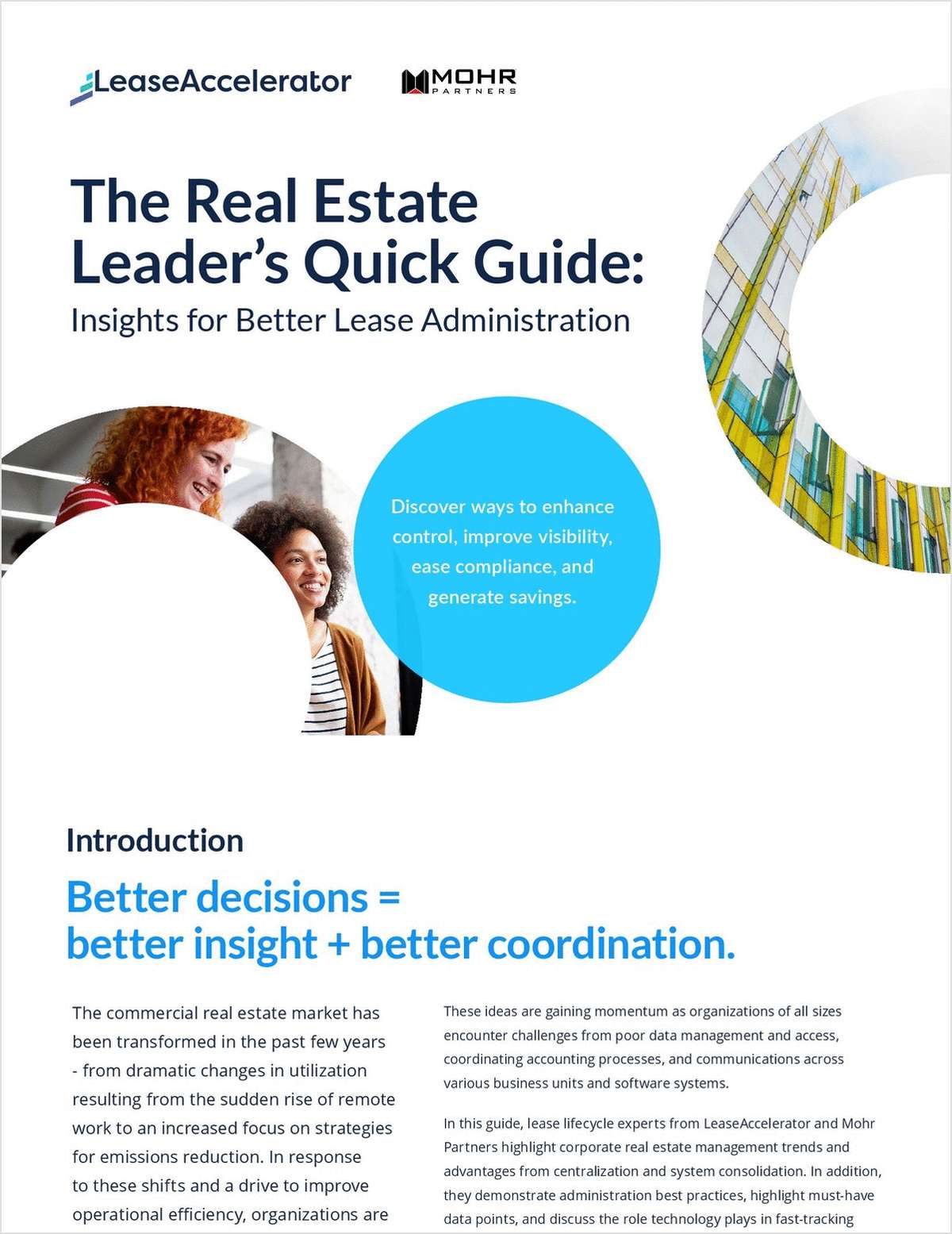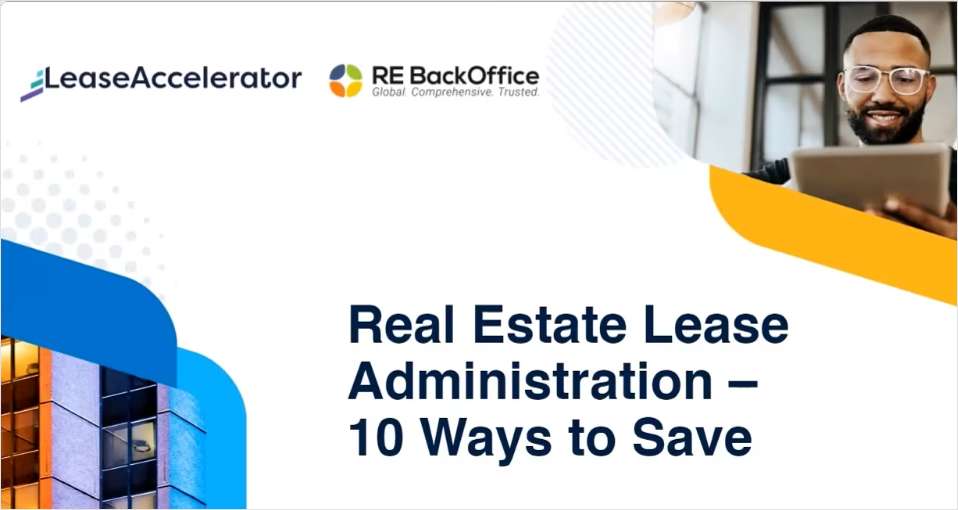 The narrative around the affordability crisis often goes something like this: the great recession spurred a significant increase in demand for rental housing, which in turn created a supply-demand imbalance that has led to today's affordability crisis. Affordability, therefore, is a basic supply problem. While the latter is true, zoning politics stall apartment development, causing the supply-demand imbalance behind the affordability crisis.
The narrative around the affordability crisis often goes something like this: the great recession spurred a significant increase in demand for rental housing, which in turn created a supply-demand imbalance that has led to today's affordability crisis. Affordability, therefore, is a basic supply problem. While the latter is true, zoning politics stall apartment development, causing the supply-demand imbalance behind the affordability crisis.
“In California, we are producing housing at about 80,000 units per year, but it might as well be static,” Scott Choppin, founder and CEO of Urban Pacific Group of Cos., tells GlobeSt.com. “Relative to the demand increase, it is. We are extremely constrained, and we are extremely constrained because of zoning politics, which has existed since the mid-1960s. This has been an ongoing issue, but it is peaking.”
So, why is the recession so often credited as fueling the demand that led to a supply shortage? Demand for apartment units did increase after the recession, but the supply problem was already growing. “The recession changed the dynamics in the marketplace, but if you look break it down and look at the housing types that were produced and became oversupplied in the recession, it wasn't apartments,” explains Chopping. “It was predominately houses and condos, specifically for-sale product, because that was where mortgages could be funded. If you look at the apartment market, we hit a low in apartment production in 1994. So, you have this short-term arc of change in the recession and then you have a really long arc of decreasing supply of high-density apartments.”
Continue Reading for Free
Register and gain access to:
- Breaking commercial real estate news and analysis, on-site and via our newsletters and custom alerts
- Educational webcasts, white papers, and ebooks from industry thought leaders
- Critical coverage of the property casualty insurance and financial advisory markets on our other ALM sites, PropertyCasualty360 and ThinkAdvisor
Already have an account? Sign In Now
© 2024 ALM Global, LLC, All Rights Reserved. Request academic re-use from www.copyright.com. All other uses, submit a request to [email protected]. For more information visit Asset & Logo Licensing.








